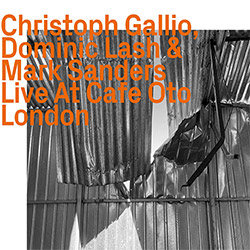
Joining with two of London's finest free improvisers, Swiss saxophonist Christoph Gallio of DAY & TAXI fame and performing on alto, soprano & c-melody saxophones, meets drummer Mark Sanders and double bassist Dominic Lash at London's Cafe OTO for a remarkable concert of free collective playing in two large works: "Wildlife" in three parts, and "Homelife" in two parts.
In Stock
Quantity in Basket: None
Log In to use our Wish List
Shipping Weight: 3.00 units
EU & UK Customers:
Discogs.com can handle your VAT payments
So please order through Discogs
Sample The Album:
Christoph Gallio-alto saxophone, soprano saxophone, c melody saxophone
Dominic Lash-double bass
Mark Sanders- drums, percussion
Click an artist name above to see in-stock items for that artist.
UPC: 752156105022
Label: ezz-thetics by Hat Hut Records Ltd
Catalog ID: ezz-thetics 1050
Squidco Product Code: 34378
Format: CD
Condition: New
Released: 2024
Country: Switzerland
Packaging: Cardboard Gatefold
Recorded live at Cafe Oto in London, UK, December 18th, 2022, by Billy Steiger.
"I've been listening to Christoph Gallio and the various incarnations of DAY & TAXI for over three decades - almost since its inception. On this album, however, the Swiss saxophonist makes a debut with a different trio, featuring British improvisers Dominic Lash and Mark Sanders. The result is pungent, powerful music on the cusp of free jazz and free improv - a dichoto- my that helps define Gallio's work, though he also composes. Listening to this wonderful album invites re-consideration of the rhythmic complexities and subtleties of free jazz, which may now be in a "common practice" era after nearly sixty years of development.
New Grove [Dictionary of Music] defines free jazz in terms of its rejection of tonality and predetermined chord sequences, its vocalised timbres rather than cool sounds, and its free rubato as opposed to swing groove. However, "free jazz" is a continuum, I'd argue. We can distinguish the following styles:
(1) Modal jazz, pioneered by Miles Davis in Kind of Blue, reacted against to the rapid chord-changes of bebop, which culminated in John Coltrane's Giant Steps from the same year. Modal players were meant to improvised on scales or modes rather than chords - this was avantgarde, but not yet "free jazz".
(2) Time no changes describes the groove-based playing of Ornette Coleman's quartets, and Miles Davis's second quintet at its freest. Coleman's work is often modal, but freer than modal jazz, avoiding 32-bar structures.
(3) Pulse no metre is the canonical free jazz style - often ecstatic, its advocates were Cecil Taylor, Albert Ayler, late Coltrane (1965-7), and sometimes Ornette Coleman. Rather than four-in-the-bar swing or groove, there's a feeling of tumbling momentum that's a kind of residual swing - sometimes, as on the present album, more groove-like than others. There's also a cooler, more lyrical free jazz pioneered by Tristano, Konitz and Marsh, and exemplified by Bley and Giuffre.
(4) Free improv is a later, initially European development that excludes the residues of jazz and swing found in free jazz.
Gallio's new album is closest to (3), but draws on (4). Like the work of the best free players, its rhythmic spectrum ranges from swing groove to tumbling momentum, moving between these different feels.
The nature of swing has been debated in every era of jazz, from "sweet versus hot" in the 1930s onwards. "Does Brubeck swing?" was a favourite question that failed to recognise swing's many varieties; Sun Ra could produce an inept swing that was a put-on or provocation. New Grove defines swing as "a feeling of forward motion or momentum, often accompanied by a propensity to embody the music in some form of rhythmic movement." It usually results from a combination of characteristics of musical pulse: "how [it] is divided, phrasing, and articulation... there are different degrees and kinds...depending on the interplay of these characteristics." For instance, musicians accent offbeats by placing them at salient points in the melodic phrase, such as the last note.
A useful concept is that rhythm is felt in a circle. As Brian Priestley explains in his biography, this is what Charles Mingus wanted his bands to create.
Some musicians play on the front of the beat, pushing it to create an edgy effect: Jackie McLean, Art Taylor. There are those who play on the back of the beat, giving a laid-back feel (Elvin Jones, Art Ensemble of Chicago, Dexter Gordon, Billie Holiday); and finally those who play in the centre, "deep in the pocket" (Mingus himself, with Tal Farlow and Red Norvo; Dave Holland, Art Blakey). But it would be crude to generalise, for these micro-rhythmic variations can occur within a single album or performance.
Theorists have characterised symmetrical eighth notes (swing eighth notes) as a tied triplet feel, with first and third notes played. More broadly, though, "jazzing" simply means "messing with something", as in "jazzing the classics". Tied triplets are perhaps a development of Baroque notes inégales - a thesis that might be approved by musicologist Peter van der Merwe, whose groundbreaking Origins of the Popular Style interprets the blues as an international phenomenon. International or not, the geographical element reflects a music-language connection. Historically, jazz musicians of Chicago, New Orleans and the East and West Coasts each had a different feel to their swing; indeed one could argue that American and Irish speech, for instance, have an intrinsic swing or lilt. There is a classical comparison here. Different countries have different cultures of classical music, and their approach to rhythm will vary. In Italy, for example, the timing is distinctively different.
In fact the "tied triplet" ratio varies according to tempo, instrument, individual style, phrasing and group chemistry. As Newcastle-based guitarist and teacher Mick Wright comments, "What we call 'tied triplet' or 'jazz swing feel' is a tempo-related sliding scale, from equal pairs of quavers played 50:50 at the highest tempos, to unequal pairs when tempos are less breakneck." Tied triplets are in a ratio 2/3:1/3, dotted quavers are 75:25. Of course, he adds, "only machines play as mechanically as that."
Hiphop producer J Dilla, on his influential album Donuts, uses drum machines with a slightly weird beat to "jazz" RnB samples. Dan Charnas describes how Dilla "turned what one generation deemed musical error into what the next knew to be musical innovation". That's what I call an aesthetics of imperfection - a joyful embracing of artistic contingencies. It's exemplified here by the work of Gallio, Lash and Sanders - but that issue must remain material for another occasion."-Andy Hamilton, Durham UK

The Squid's Ear!
Artist Biographies
• Show Bio for Christoph Gallio "Christoph Gallio was born in 1957 and lives in Baden, Switzerland. Self-taught, he began playing 19 years soprano saxophone. He studied saxophone with Iwan Roth at Basel Conservatory and Music at Steve Lacy in Paris. MA in Transdisciplinarity at the Zurich University of the Arts (ZHdK). Gallio in 1987 received the Special Art Prize of the city of Basel and the Canton Aargau 2009 Berlin studio and 2012 a work contribution. He directs the bands DAY & TAXI (with Silvan Jeger and David Meier), MÖSIÖBLÖ (with Sylvia Nopper, Marino Pliakas and Thomas Eckert), and ROSES FOR ALL (with Jan Roder and Oliver Steidle). With the visual artist Beat Streuli him on a longstanding cooperation. The latest joint project is the interdisciplinary performance ROAD WORKS (with Andrea Neumann, Ernst Thoma, Dominique Girod and Julian Sartorius). Since 1977, played and plays Christoph Gallio among other things with Irene Schweizer, Irene Aebi, Urs Voerkel, Peter K. Frey, Daniel Studer, Günter Müller, Stephan Wittwer, Norbert Möslang, Ernst Thoma, Peter Kowald, Alfred Zimmerlin, Matthew Ostrowski, Hans Koch, Werner Lüdi, Urs Blöchlinger, Erhard Hirt, Dieter Ulrich, Fred Frith, Phil Minton, John Russel, Lindsay L. Cooper, Peter Schärli, Bernhard Bamert, Takashi Kazamaki, Yoshiaki Onnyk Kinno, Samm Bennett, Uchihashi Kazuhisa, Kazutoki Umezu, Tetsu Saitoh , William Parker, Rashied Ali, Christian Wolfarth, Martin Lorenz, Hans-Christian Sarnau, Lara Stanic, Olaf Rupp, Kazumi, Helmut Erler, Hans Benda, Sven Åke Johansson, Andrea Neumann, Julian Sartorius. Solos and performances with the dancers Christine Brodbeck, Yvonne Meier, Tomiko Takai, Franz Frautschi and Hideto Heshiki. Cooperation including with the artists Alex Silver, Eric Hattan and writer Kurt Aebli. Since 1986 Gallio composes for himself, his band and others. Concerts and tours at home and abroad. Various recordings." ^ Hide Bio for Christoph Gallio • Show Bio for Dominic Lash "Born Cambridge, England, in January 1980; played bass guitar since 1994; studied with Hugh Boyd and Pascha Milner and at Basstech (London) with Rob Burns, Terry Gregory and others. Played double bass since 2001; basically self taught, with grateful thanks to Simon H. Fell. First class BA in English Literature from Oxford University (2002). Received MA Composition from Oxford Brookes University in 2003, having studied with Paul Whitty, Ray Lee and others. Received PhD from Brunel University in 2010, having studied the work of Derek Bailey, Helmut Lachenmann and JH Prynne and been supervised by Richard Barrett and John Croft." ^ Hide Bio for Dominic Lash • Show Bio for Mark Sanders "Mark Sanders has played with many renowned musicians including Roscoe Mitchell, Wadada Leo Smith, Derek Bailey, Henry Grimes, Roswell Rudd, Peter Brotzmann, Barry Guy, Otomo Yoshihide, Jah Wobble, Sidsel Endresen , Charles Gayle, Peter Evans and William Parker. He works with John Edwards in a duo and with groups including Evan Parker, `Foils` with Frank Paul Schubert and Matthius Muller and groups with Veryan Weston, John Tilbury, Agusti Fernandez and Mathew Shipp. Mark works in a regular improvising duo with John Butcher and also performing John`s composition `Tarab Cuts` which has played festivals in Rio de Janiero, Amsterdam, Barcelona, Glasgow, Bristol and London. In a trio with cellist Okkyung Lee, John and Mark have played in Belgium, France, England and Scotland. He also has a longstanding duo with Sarah Gail Brand which has featured on the BBC`s `The Stuart Lee Show`and in the film `Taking the dog for a Walk`. He has performed solo for a Christian Marclay exhibition at The White Cube Gallery in London, Evan Parker`s festival`Unwhitstable` in Wroclaw, Poland for `Solos Festival` The 100 Years Gallery London, an improvised music series in Derby and Cafe Oto in London. Working with Christian Marclay in his `Everyday` piece for film and live music, he has performed in Aldeburgh, Ruhr Trienalle, Vienna Bienalle, Holland festival and London`s QEH and has also collaborated with him playing for the film `Screenplay`in London and Lisbon. In situations using composition in one form or another Mark works in various projects including `13 Vices` with Brian Irvine/Jennifer Walshe, Alex Hawkins Ensemble featuring Peter Evans, Simon Fell Ensembe, groups with Hasse Poulsen and Luc Ex , Sarah Sarhandi`s `Both Universe`, Elaine Mitchener`s `Sweet Tooth` and has played in the groups of Shabaka Hutchings including`Sons of Kemet` Conceptual Artist Sam Belinfante collaborated with Mark in his piece `On the One Hand, and the Other` in two exhibitions at Camden Arts Centre, London For Conceptual artist Henrik Hakensen`s film `The End` he has performed as an improvising soloist with orchestras conductedd by Jessica Cottis, playing the music of John Coxon in Glasgow, Sydney and Monte Carlo As a guest with New York`s ICE Ensemble he has performed John Zorn`s `The Tempest` in London and at Huddersfield New Music Festival. Mark also works in the groups of Paul Dunmall including Deep Whole Trio with Paul Rogers, in duo and `Frisque Concordance` with Georg Graewe , and the ensembles of Mikolaj Trzaska, Uwe Oberg and Peter Jaquemyn. He has performed in the USA, Canada, Brazil, Japan, Morrocco, South Africa, Australia, Mozambique and Turkey, playing at many major festivals including Nickelsdorf, Riga, Ulrichsburg, Glastonbury, Womad, Vancouver, Isle of Wight, Roskilde, Berlin Jazz days, FMP, Mulhouse, Luz, Minniapolis, Banlieue Bleues, Son D`hiver and Hurta Cordel." ^ Hide Bio for Mark Sanders
12/30/2024
Have a better biography or biography source? Please Contact Us so that we can update this biography.
12/30/2024
Have a better biography or biography source? Please Contact Us so that we can update this biography.
12/30/2024
Have a better biography or biography source? Please Contact Us so that we can update this biography.
Track Listing:
1. Wildlife - Part 1 10:57
2. Wildlife - Part 2 11:03
3. Wildlife - Part 3 15:10
4. Homelife - Part 1 11:16
5. Homelife - Part 2 10:49
Hat Art
Improvised Music
Jazz
Free Improvisation
Collective & Free Improvsation
London & UK Improv & Related Scenes
European Improvisation, Composition and Experimental Forms
Trio Recordings
Staff Picks & Recommended Items
Hat Hut Masters Sale
Search for other titles on the label:
ezz-thetics by Hat Hut Records Ltd.

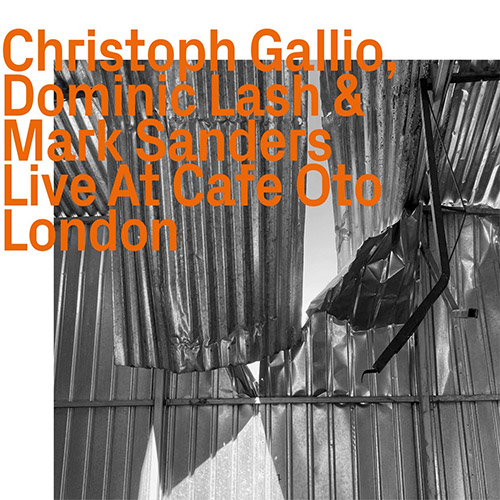

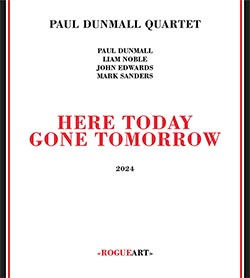

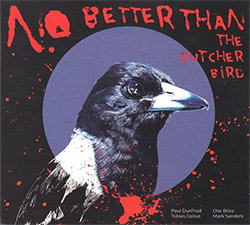

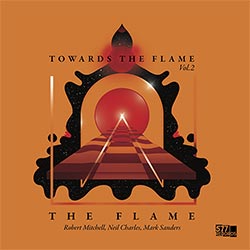

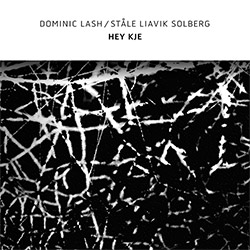

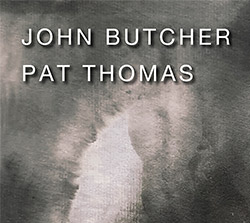
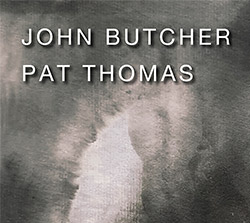
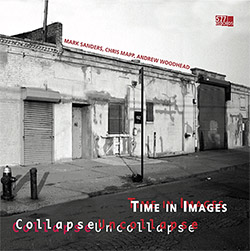
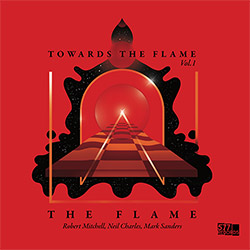

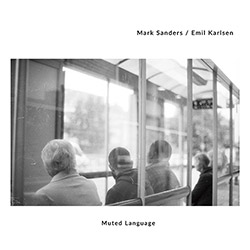
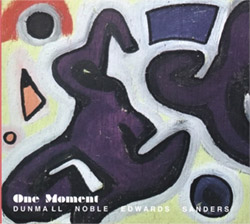
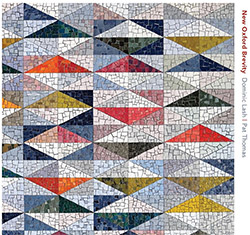
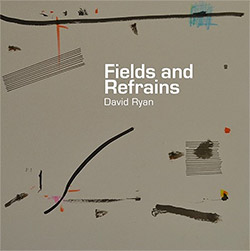
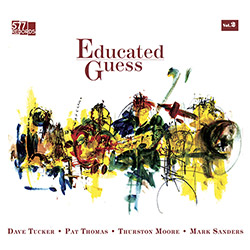
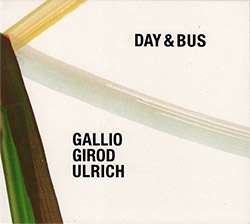


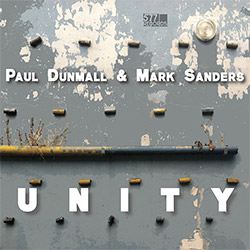
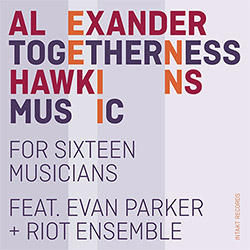



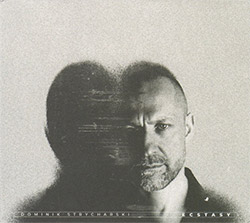
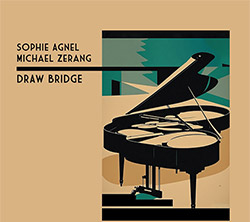
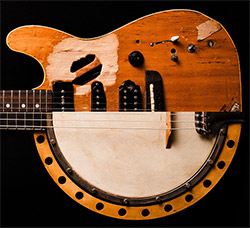

![Brant, Cody / Carl Kruger: Smoke Detail [CASSETTE w/ DOWNLOAD]](https://www.teuthida.com/productImages/misc4/35551.jpg)
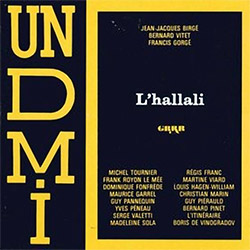
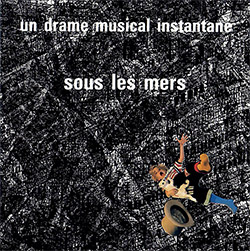
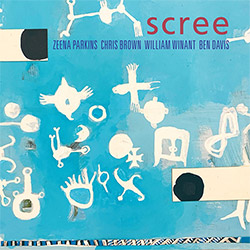
![Carter, Daniel / Leo Genovese / William Parker / Francisco Mela: Shine Hear Volume 2 [VINYL]](https://www.teuthida.com/productImages/misc4/35074.jpg)
![Parker, Evan: The Heraclitean Two-Step, etc. [4 CDs + BOOK]](https://www.teuthida.com/productImages/misc4/35313.jpg)
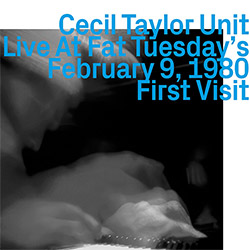

![Schindler, Udo / Paul Rogers feat. Eric Zwang: Ephemeral Locations [2 CDs]](https://www.teuthida.com/productImages/misc4/35186.jpg)
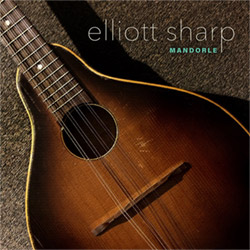

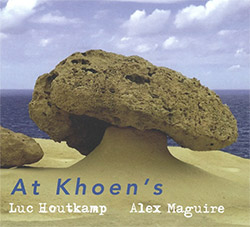
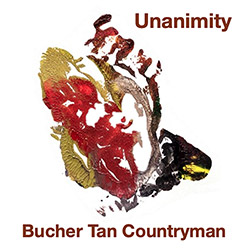
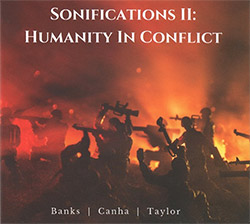

![Moth Bucket (Sims / Searfoss / Dorsey): Vagary Suite [CASSETTE + DOWNLOAD]](https://www.teuthida.com/productImages/misc4/35571.jpg)
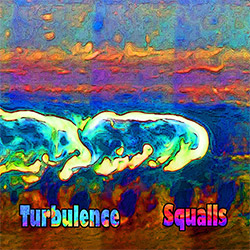
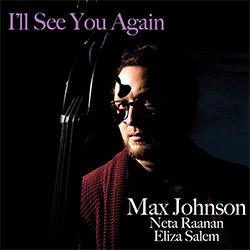

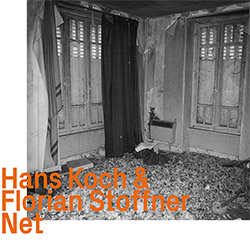
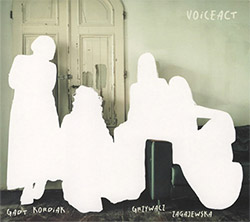




![Weirs and Magic Tuber Stringband : The Crozet Tunnel [CASSETTE + DOWNLOAD]](https://www.teuthida.com/productImages/misc4/35570.jpg)
![Attias, Michael (Attias / Leibson / Pavolka / Ferber / Hoffman): Quartet Music Vol. I: LuMiSong / Kardamon Fall [2 CDs]](https://www.teuthida.com/productImages/misc4/35531.jpg)
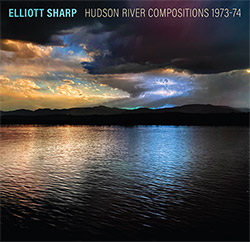




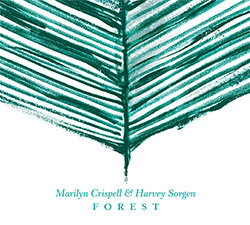
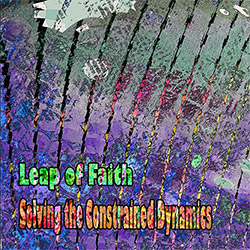
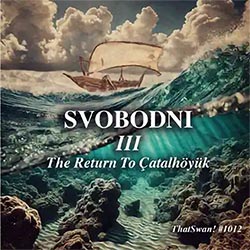
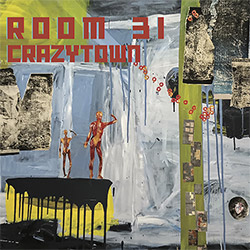
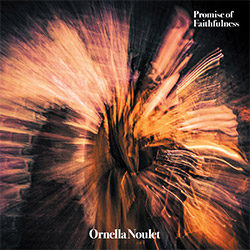

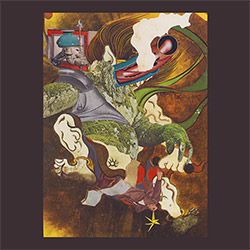
![Abcess Grenk: Erguss Von Licht [CASSETTE w/ DOWNLOAD]](https://www.teuthida.com/productImages/misc4/35560.jpg)

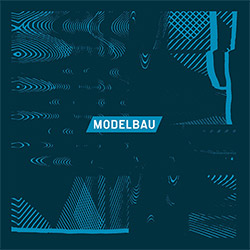
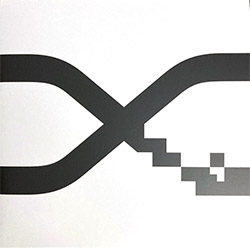
![Alva Noto: Xerrox Vol. 5 [VINYL 2 LPs]](https://www.teuthida.com/productImages/misc4/35359.jpg)
![Weston, Matt: Communism Has Appeared On The Scene [VINYL 2 LPs]](https://www.teuthida.com/productImages/misc4/35546.jpg)







![DNS: Taking Big Bites Of The Khandas Three Cafes Deep [2 CDs]](https://www.teuthida.com/productImages/misc4/35334.jpg)




![Cleaver, Gerald: The Process [VINYL]](https://www.teuthida.com/productImages/misc4/34966.jpg)




![Alva Noto: HYbr:ID II [VINYL 2 LPs]](https://www.teuthida.com/productImages/misc4/35201.jpg)

![Baron, Derek / Luke Martin: Distinct and Concealed [CASSETTE + DOWNLOAD]](https://www.teuthida.com/productImages/misc4/35079.jpg)
![Lonsdale, Eden: Dawnings [2 CDs]](https://www.teuthida.com/productImages/misc4/35480.jpg)







![Sanna, Claudio: Compositori Sardi Contemporanei II [2 CDs]](https://www.teuthida.com/productImages/misc4/35317.jpg)







![Zurria, Manuel: Fame di Vento [3 CDs]](https://www.teuthida.com/productImages/misc4/35167.jpg)

![Granberg, Magnus / Nattens Inbrott / Skogen: Holde Traume, Kehret Wieder! [2 CDs]](https://www.teuthida.com/productImages/misc4/35038.jpg)
![Frey, Jurg: Outermost Melodie [2 CDs]](https://www.teuthida.com/productImages/misc4/35039.jpg)

![Pavone, Jessica: Reverse Bloom [VINYL]](https://www.teuthida.com/productImages/misc4/34895.jpg)




![Modney (Modney / Wooley / Gentile / Roberts / Pluta / Symthe / ...): Ascending Primes [2 CDs]](https://www.teuthida.com/productImages/misc4/34852.jpg)



![Elephant9 : Mythical River [VINYL]](https://www.teuthida.com/productImages/misc4/34624.jpg)



![Elephant9 with Terje Rypdal: Catching Fire [VINYL 2 LPs]](https://www.teuthida.com/productImages/misc4/35355.jpg)
![Deerlady (Obomsawin, Mali / Magdalena Abrego): Greatest Hits [VINYL]](https://www.teuthida.com/productImages/misc4/34876.jpg)




![Haino, Keiji: Black Blues [2 CDs]](https://www.teuthida.com/productImages/misc4/35109.jpg)



![Surplus 1980: Illusion of Consistency [CD]](https://www.teuthida.com/productImages/misc4/35069.jpg)
![Staiano, Moe: Away Towards the Light [VINYL + DOWNLOAD]](https://www.teuthida.com/productImages/misc4/35037.jpg)



![Caveira (Gomes / Sousa / Abras / Ferrandini): Ficar Vivo [VINYL]](https://www.teuthida.com/productImages/misc4/34643.jpg)
![Gregg, J. J. / David Van Auken: Lunar Prairie [CD w/ DOWNLOAD]](https://www.teuthida.com/productImages/misc4/34611.jpg)

![Coultrain: Mundus [VINYL]](https://www.teuthida.com/productImages/misc4/32439.jpg)
![Mattin: Songbook #6 [VINYL]](https://www.teuthida.com/productImages/misc4/27317.jpg)
![Punkappella: Wake Up [7-inch VINYL]](https://www.teuthida.com/productImages/misc4/17519.jpg)
![Residents, The: WARNING: UNiNC.: Live And Experimental Recordings 1971-1972 [VINYL 2 LPs]](https://www.teuthida.com/productImages/misc4/31521.jpg)
![Coultrain: Phantasmagoria [VINYL]](https://www.teuthida.com/productImages/misc4/30142.jpg)
![Lennon, Sean Ono: Asterisms [VINYL]](https://www.teuthida.com/productImages/misc4/34517.jpg)
![Coley, Byron: Dating Tips for Touring Bands [VINYL]](https://www.teuthida.com/productImages/misc4/17906.jpg)

![Lost Kisses: My Life is Sad & Funny [DVD]](https://www.teuthida.com/productImages/misc4/lostKissesDVD.jpg)